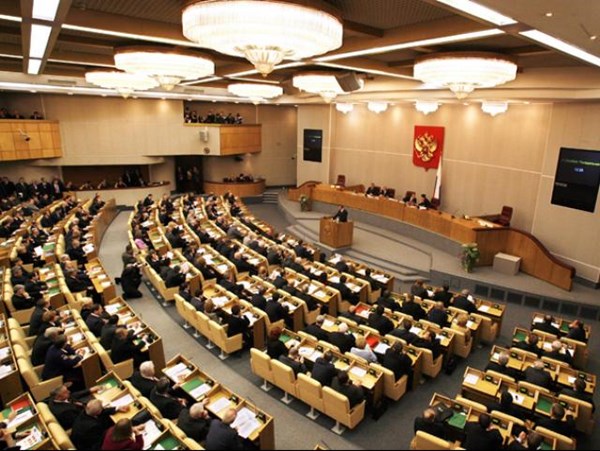State Duma proposes law to fine messenger services that refuse to provide decryption information to the FSB
The State Duma suggested penalizing developers of instant messengers who refuse to surrender keys to the Russian Federal Security Service (FSB) that would allow them to decode messages. The corresponding amendment was added to the anti-terrorism package of laws developed by the Head of the Parliamentary Committee for Security and Anti-Corruption, Irina Yarovaya and Senator Viktor Ozerov, TASS reports.
MPs want to oblige the creators of IM clients to provide the competent authorities with the information necessary for decoding of received, sent, delivered or processed electronic messages.
"This likely includes messengers. This also includes social networks, special email servers and email resources, which have character encoding and have a large number of users," Deputy Chairman of the Duma Committee on Information Policy Vadim Dengin explained.
The amendment provides for a fine for individuals in the amount of three to five thousand rubles, and a fine for officials up to fifty thousand rubles. Corporations or legal entities can be fined from eight hundred thousand to 1 million rubles.
According to the document, a person could be fined for "performing activities necessary to ensure the functioning of information systems and software for computers, which are designed and used for the reception, transmission, delivery and processing of electronic messages."
In early May, the State Duma Committee for Security and Anti-Corruption recommended the adoption in the first reading of the new package of anti-terrorism laws created by Yarovaya and Ozerov.
In particular, the law proposes to introduce into the Criminal Code a concept of "international terrorism" defined as the "commitment of explosion, arson or other acts endangering life, health, freedom or inviolability of the Russian citizens outside the territory of the Russia.” For example, the financing of international terrorism will be punished by imprisonment for 10 to 15 years. The law also recommends that the age threshold for deliberate terrorist crimes be lowered to 14 years old.
MPs also offered to require mobile operators in Russia to store for the recordings of conversations, text messages and images for three years and make them available on request of special services.
